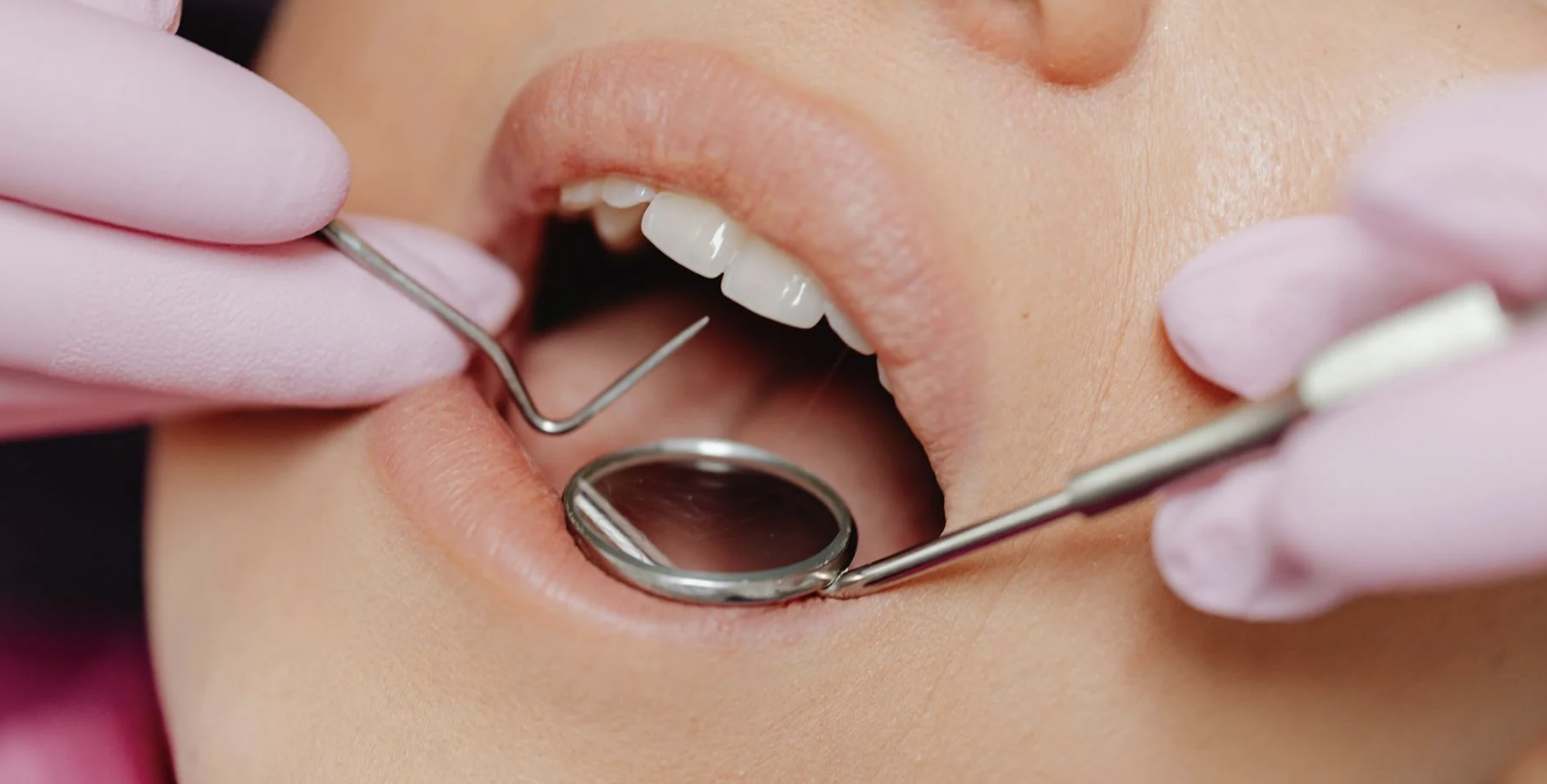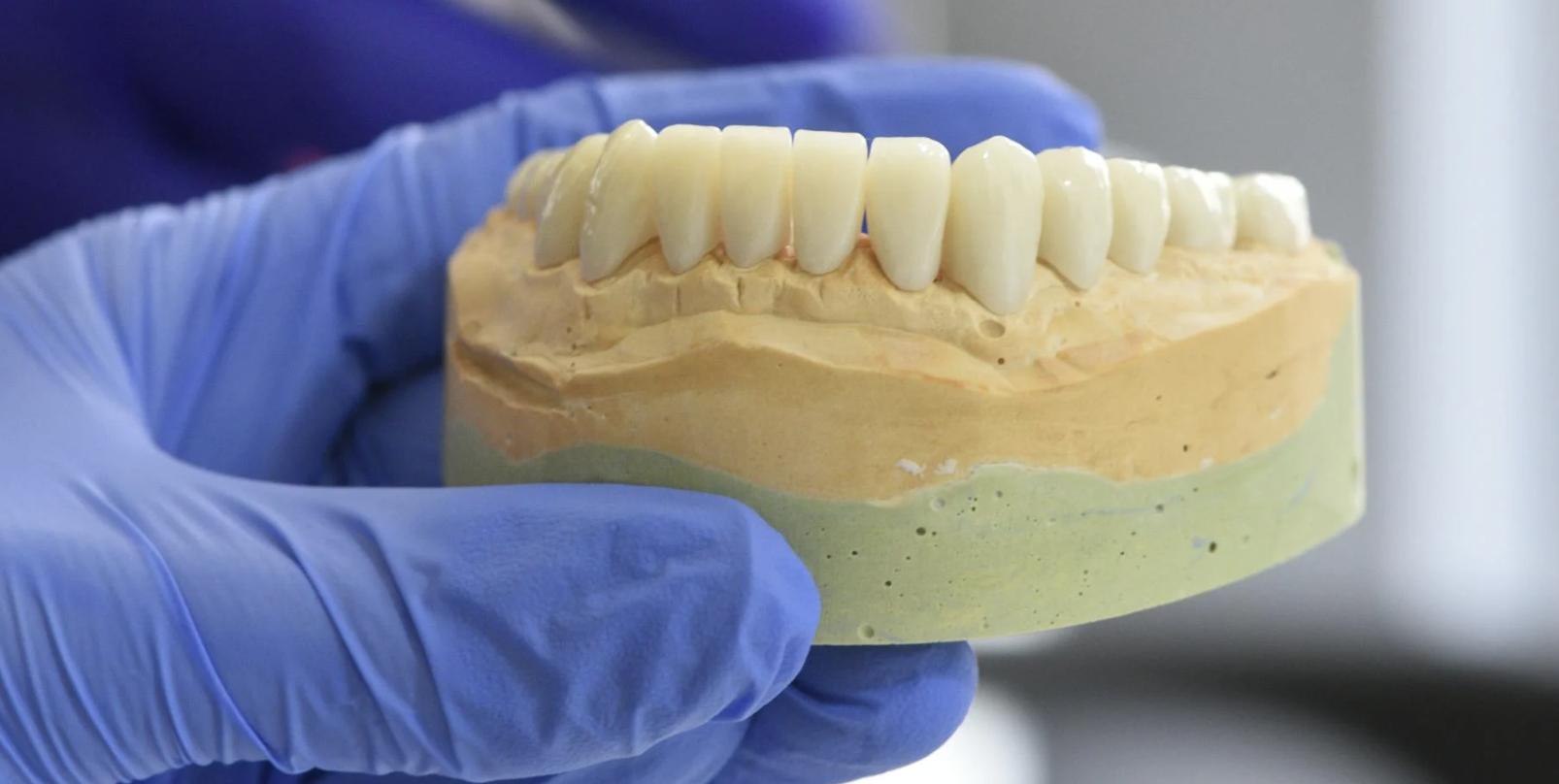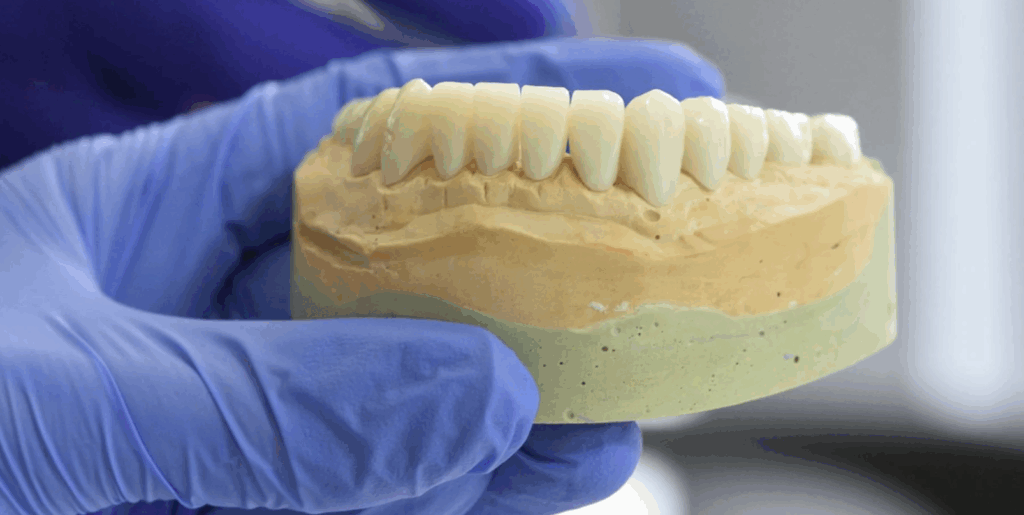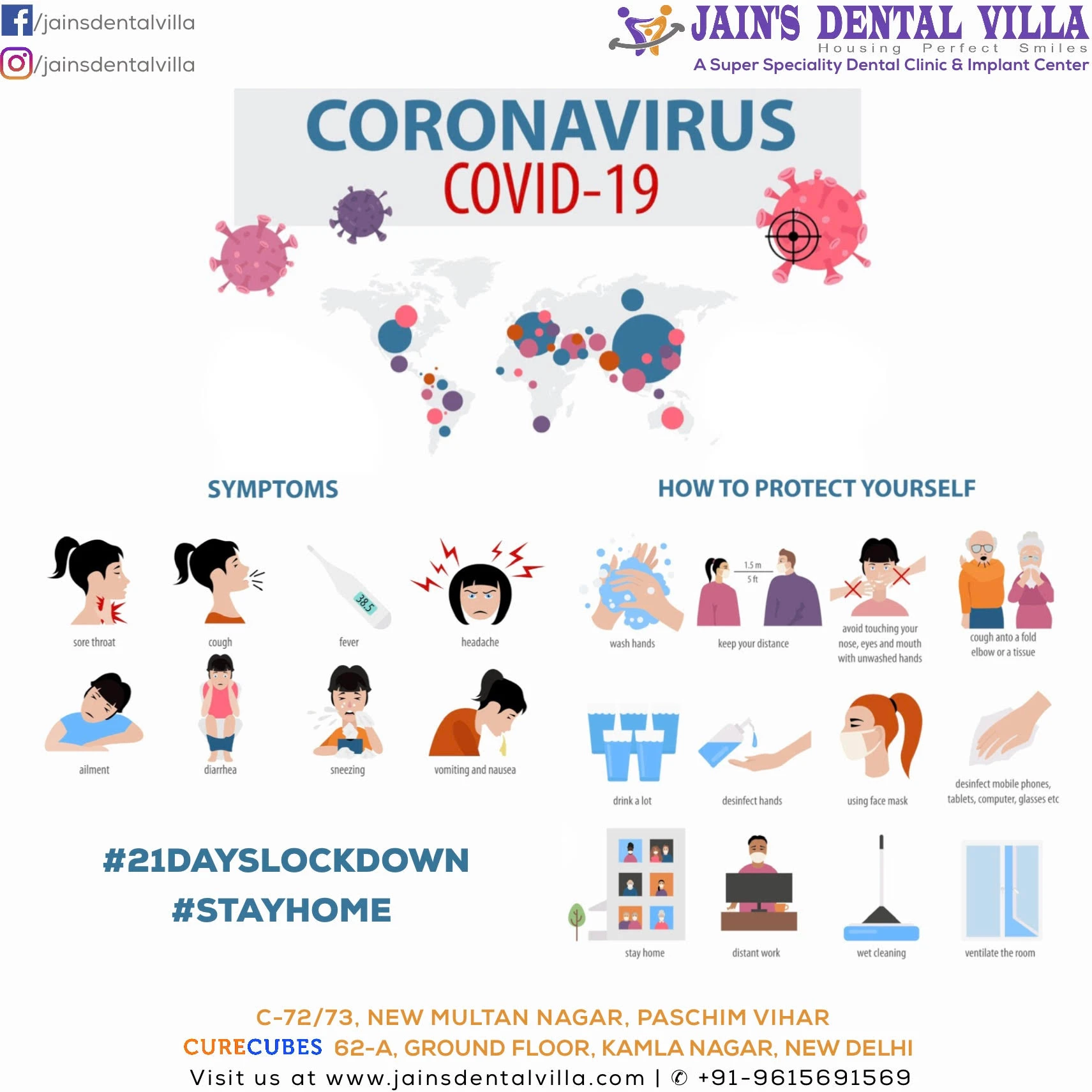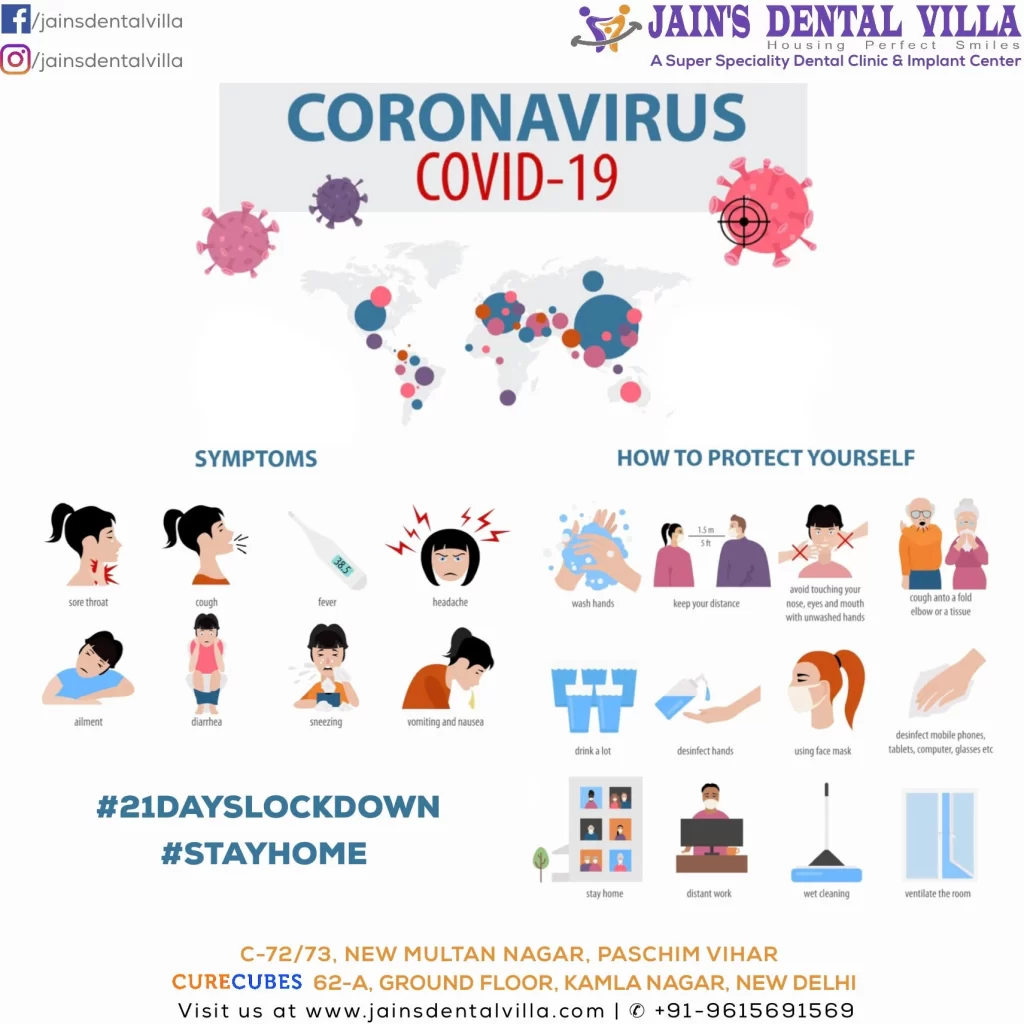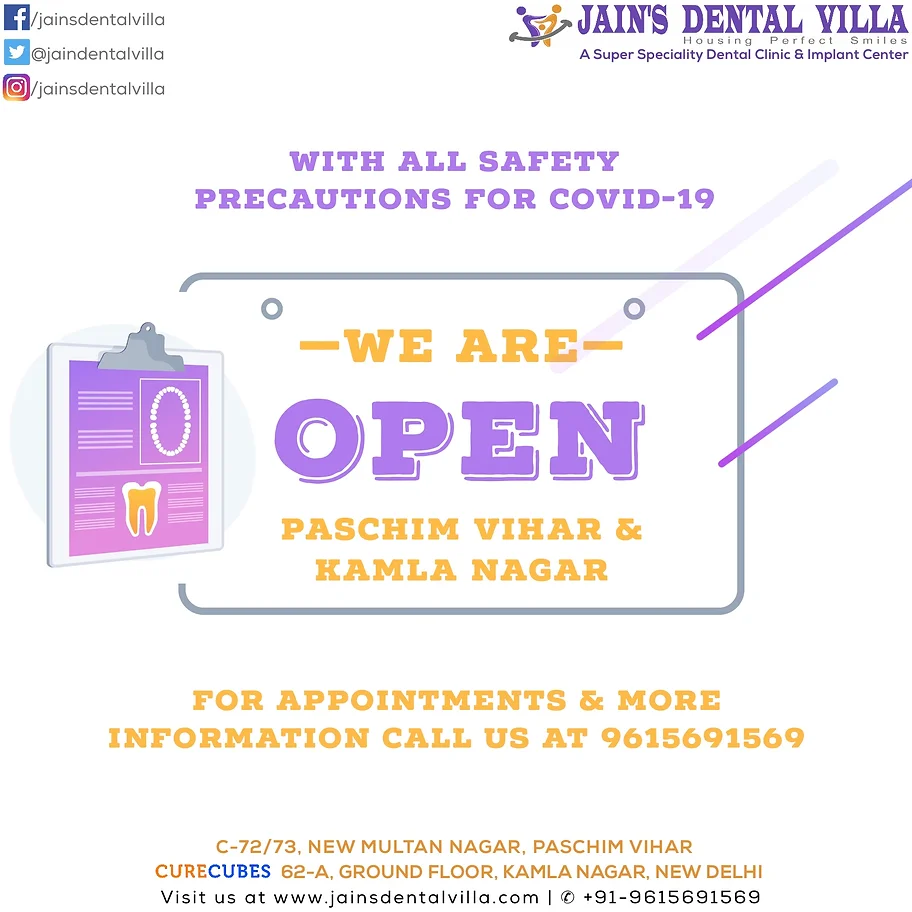Tooth Gap Troubles? Discover the Easiest Ways to Close or Embrace It!
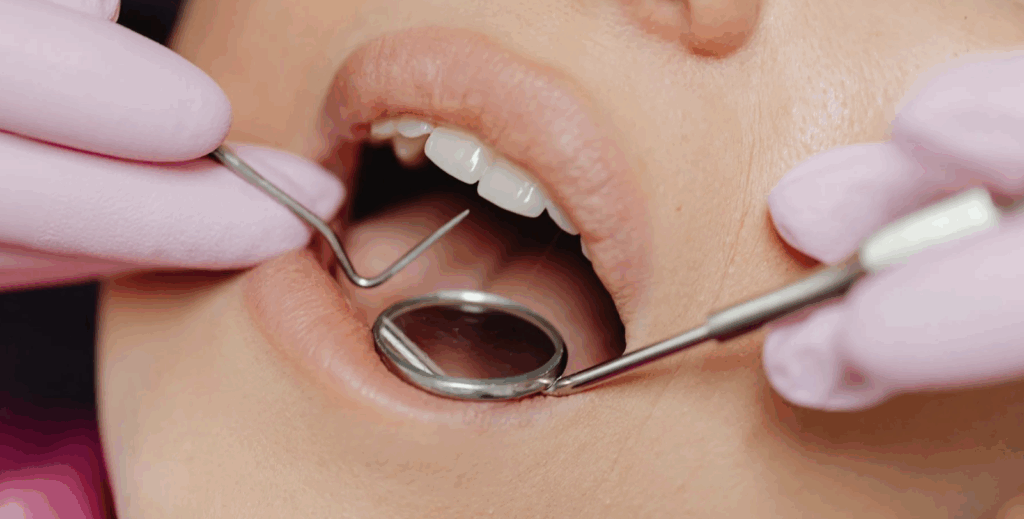
A tooth gap can be a source of charm for some and a cause of concern for others. This small space between two teeth, also known as diastema, is a common dental feature that people experience at some point in their lives. For some, it’s a signature look, while for others, it’s something they’d rather close for aesthetic or functional reasons.
Whether you’re looking for ways to reduce or embrace your tooth gap, understanding your options is essential. This article dives into the causes of tooth gaps, popular teeth gap treatments, and how to make the best decision for your smile.
Why Do Tooth Gaps Happen?
Tooth gaps can occur for several reasons, including:- Genetics: If gaps run in your family, you’re more likely to have them too.
- Jaw Size and Tooth Size: When the teeth are smaller compared to the jaw, spaces may form.
- Thumb Sucking or Tongue Thrusting: Childhood habits like thumb sucking or pressing the tongue against the teeth can lead to gaps over time.
- Missing or Undersized Teeth: If one or more teeth are missing or smaller than usual, it can create gaps.
- Gum Disease: Advanced gum disease can cause teeth to shift and create gaps.
Embracing the Tooth Gap
Before diving into treatment options, let’s take a moment to celebrate the uniqueness of tooth gaps. Celebrities like Madonna and Michael Strahan have embraced their tooth gaps as part of their signature style. Many people feel that their tooth gap makes them unique and adds character to their smile. If you’re confident and comfortable with your tooth gap, there’s no need to change it. It’s a natural variation, and in many cultures, it’s even considered a sign of beauty or luck.Reasons to Treat a Tooth Gap
While many people embrace their tooth gap, others may consider closing it for functional or aesthetic reasons. Here are some common reasons for seeking teeth gap treatment:- Improved Appearance: For some, closing the gap creates a more symmetrical smile, which can boost confidence.
- Better Functionality: Large gaps can make chewing less efficient or lead to food getting stuck, increasing the risk of cavities.
- Preventing Shifting Teeth: Gaps can cause other teeth to shift, leading to misalignment.
- Addressing Gum Health: Gaps can sometimes make gums more vulnerable to plaque buildup and gum disease.
Suggested Read:Do You Really Need Your Wisdom Teeth Removed?
Teeth Gap Treatment Options
If you’re considering closing your tooth gap, modern dentistry offers a variety of treatments to suit different needs, budgets, and preferences.1. Orthodontic Treatments
Orthodontics is one of the most effective ways to close tooth gaps, especially if they’re caused by misaligned teeth. Braces: Traditional braces use brackets and wires to gradually shift teeth and close gaps. Clear Aligners: Options like Invisalign offer a discreet way to fix tooth gaps without the metal wires. Clear aligners are removable and often more comfortable than braces.2. Dental Bonding
Dental bonding is a quick, non-invasive treatment where tooth-colored resin is applied to the sides of the teeth to close gaps. It’s an affordable and straightforward solution for small gaps.3. Veneers
Veneers are thin, custom-made shells that cover the front surface of teeth. They can close gaps and improve the overall appearance of your smile. Veneers are a popular choice for those looking for a long-lasting cosmetic solution.4. Crowns and Bridges
If the gap is due to a missing tooth, a dental bridge or crown can fill the space. Bridges anchor to adjacent teeth and hold a false tooth in place, while crowns are placed over existing teeth.5. Frenectomy
In some cases, a large gap between the two upper front teeth is caused by an overgrown frenum (the tissue connecting your lip to your gums). A frenectomy, which removes or reshapes the tissue, may be necessary before other treatments.Is Treatment Right for You?
The decision to treat a tooth gap ultimately depends on your personal preferences and dental health needs. If the gap is causing functional problems or affecting your confidence, consulting a dentist can help you explore suitable options. Your dentist will assess factors like the size of the gap, the health of your teeth and gums, and your overall dental goals before recommending a treatment plan.How Much Do Teeth Gap Treatments Cost?
The cost of teeth gap treatment varies depending on the type of treatment you choose:- Braces or Aligners: ₹30,000 to ₹2,50,000 – Traditional braces tend to be more affordable, while clear aligners like Invisalign fall on the higher end.
- Dental Bonding: ₹2,000 to ₹8,000 per tooth – A quick and cost-effective solution for small gaps.
- Veneers: ₹8,000 to ₹20,000 per tooth – Premium cosmetic treatment that offers long-lasting results.
- Crowns and Bridges: ₹3,000 to ₹20,000 (for a single unit bridge or crown) – Ideal for gaps caused by missing teeth.
